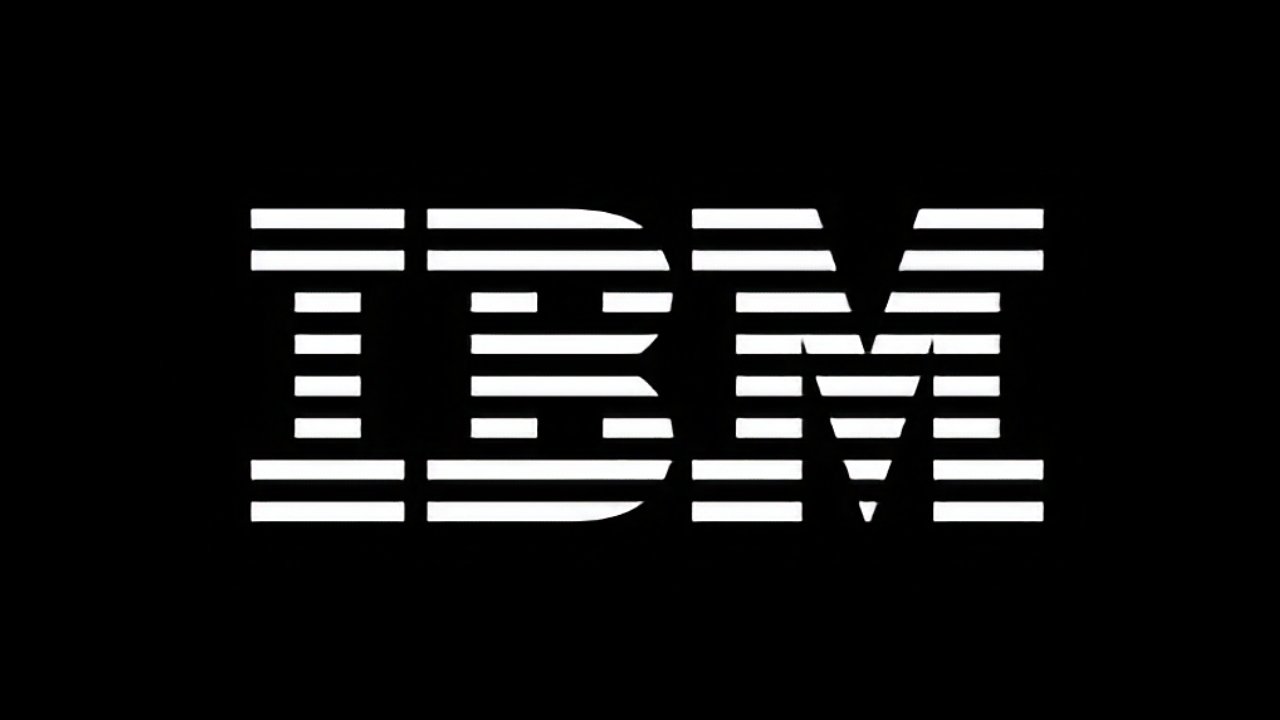IBM is firing approximately 1.4% of its total workforce, with the cuts coming from its IT services and healthcare groups.
Following major layoffs from Amazon, Spotify, plus Microsoft and Google, IBM has announced its financial earnings, and revealed the redundancies.
According to the Wall Street Journal, IBM sales were flat in Q4, and reported revenue was down over $1 billion because of the strength of the US dollar.
Nonetheless, IBM posted a net income figure of $2.71 billion, higher than the $2.33 billion from the same period in 2021. Revenue was down, however, at $16.69 billion compared to $16.7 billion in the previous year.
That fractionally lower figure was also significantly better than analysts had expected. The average of analysts polled and predicted $16.15 billion in revenue.
Then, too, IBM's software division rose 2.8% to $7.3 billion. The company's infrastructure work rose 1.6% to $4.5 billion, and its consulting revenue rose 0.5% to $4.8 billion.
IBM's financing division dropped 0.4% to $200 million, however.
The approximately 3,900 jobs are to come from IBM's healthcare divestiture, and also the Kyndryl Holdings IT services business that was spun off in 2022.
While IBM did not discuss the reasons for its head count reduction, other big tech firms have cited both inflation and a return to pre-pandemic demand.
So far Apple has chiefly managed to avoid major layoffs, although it has dropped an unspecified number of retail staff working for it in stores such as Best Buy. Previously Tim Cook has said that Apple is slowing down its hiring, and "being deliberate" about how it recruits.
 William Gallagher
William Gallagher








 Brian Patterson
Brian Patterson
 Charles Martin
Charles Martin


 Malcolm Owen
Malcolm Owen

 Christine McKee
Christine McKee
 Marko Zivkovic
Marko Zivkovic









11 Comments
What’s interesting in all of these layoffs is what’s being cut. A lot of these companies added people during covid, but it mostly isn’t a case of last in first out. No, MS cut big parts of their VR group, Amazon, gutted their Alexa group, IBM cuts are “
IBM are they still around? slowly sinking into the tech sunset.